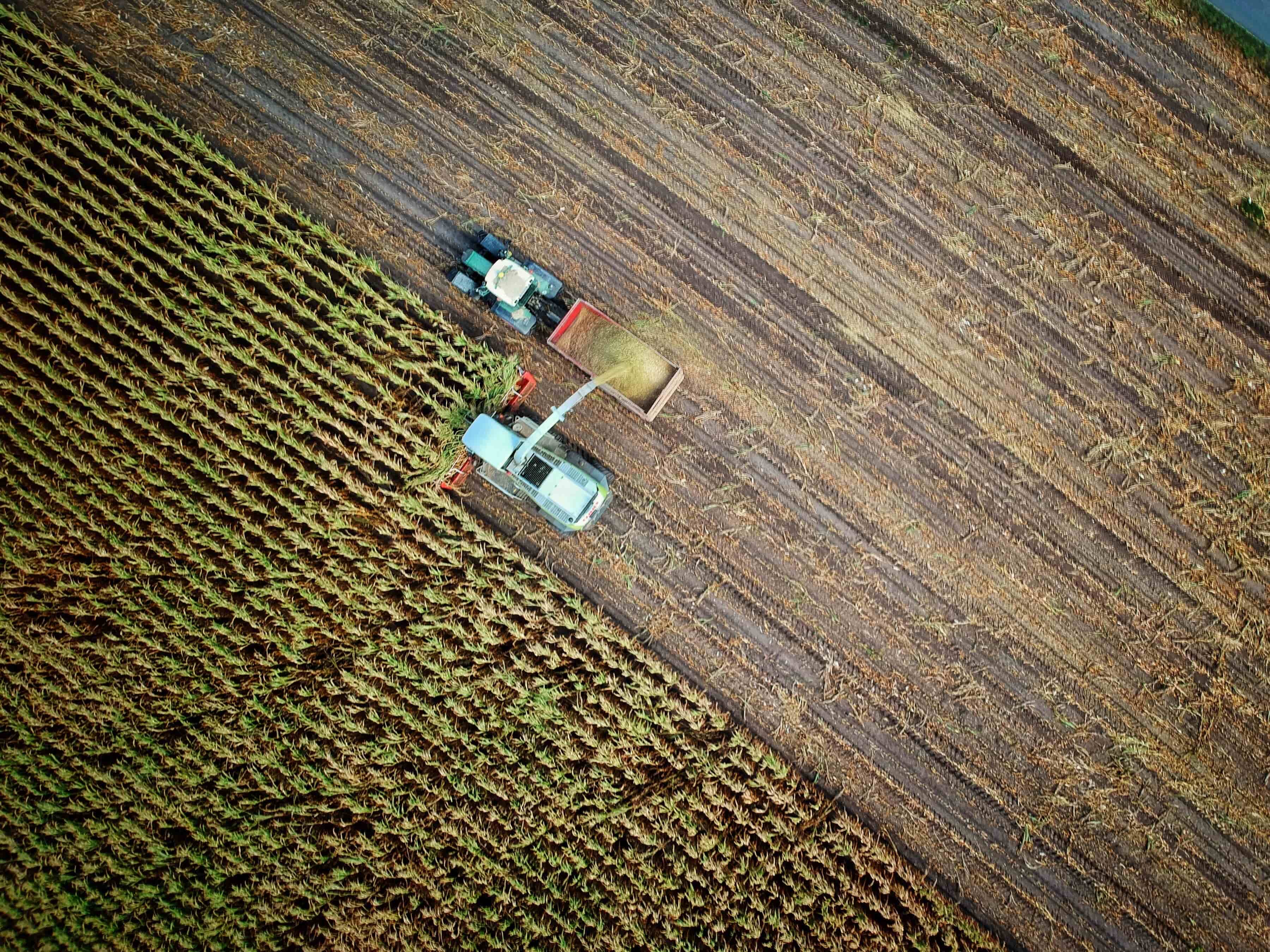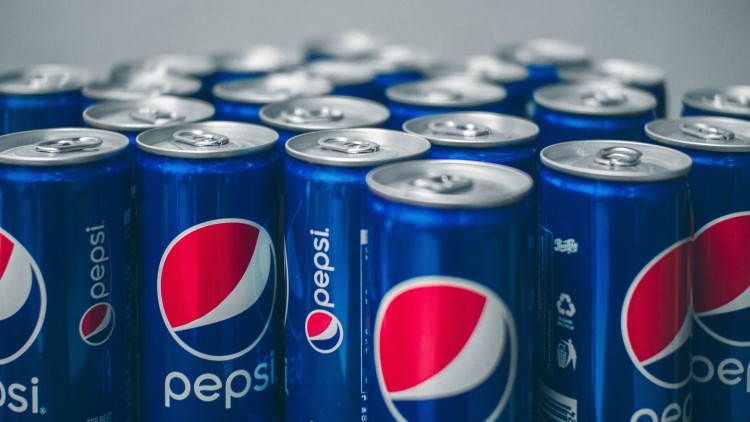PepsiCo, Farm Groups Team Up for Water Initiatives
PepsiCo, Inc.

PepsiCo has committed to a multiyear agreement worth $216 million with three farm organisations, including the Practical Farmers of Iowa, the nine-state Soil and Water Outcomes Fund, and the Illinois Corn Growers Association. The goal of the partnership is to promote the adoption of "regenerative agriculture" practices throughout the United States.
These partnerships aim to accelerate regenerative practices on over 3 million acres, with half of them in Iowa, resulting in an estimated reduction of approximately 3 million metric tonnes of greenhouse gas emissions by 2030.
The programme has already made significant progress, and the company anticipates that it will achieve over 500,000 regenerative acres by the end of this year.
Regenerative agriculture focuses on reducing water and fertiliser usage in crop production while improving soil and water quality and crop diversity.
According to Jim Andrew, PepsiCo's chief sustainability officer, the climate crisis poses a significant threat to our food system, making long-term partnerships with farmers critical as they adopt climate-smart agricultural practices. PepsiCo is committed to supporting farmers in their efforts to enhance soil health, sequester carbon, promote watershed health and biodiversity, and improve their livelihoods.
PepsiCo's collaboration with Practical Farmers of Iowa, a nonprofit with 6,000 members, will impact 1.5 million acres, according to the company. The nonprofit's executive director, Sally Worley, has said that the PFI model has proven to be sustainable and resilient, which is important in an ever-changing world. By connecting farmers to a strong network and offering peer support, education, funding, and technical help, they can create more robust farms.
PepsiCo, the world’s second-largest food and beverage company, has a large agricultural footprint and owns the world's largest cereal mill in Cedar Rapids. It aims to promote regenerative agriculture across its 7 million acres by 2030 and achieve net-zero emissions by 2040, as a resilient food system is crucial to its business.
Source: The Gazette






